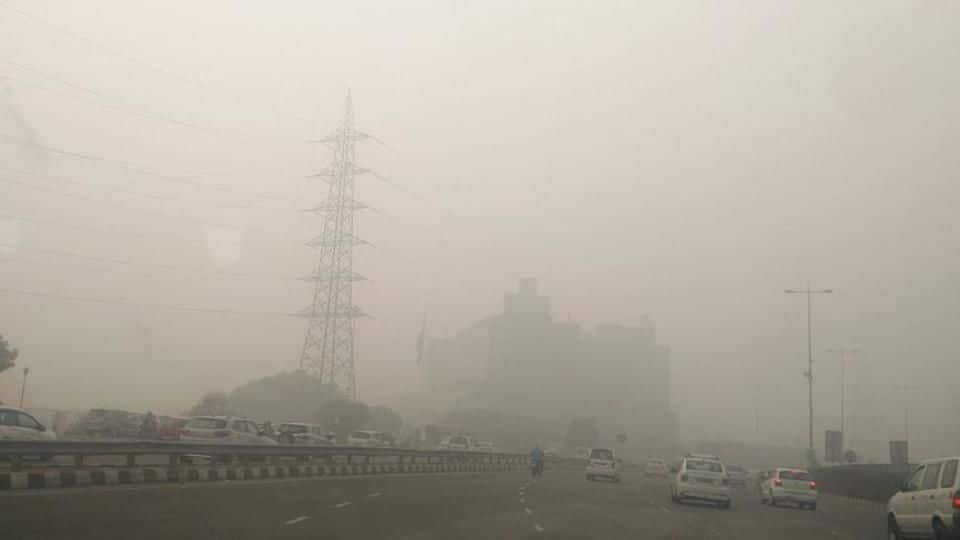
Delhi pollution reaches critical levels, 'public health emergency' declared
What's the story
Weeks after battling deteriorating air quality, Delhi woke up to a hazy, smoggy morning today with alarming pollution levels at some places. To put things in perspective, Air Quality Index (AQI) above 400 is considered "severe": areas like Punjabi Bagh (999) and RK Puram (852), with the highest AQI, recorded more than double of that. The IMA has declared a public health emergency.
Factors
Delhi's years-long battle with air pollution
Delhi has battled with air pollution for several years. A report by Greenpeace found that 1.2mn people die in India every year due to air-pollution related causes; of this Delhi topped their list of the 20 worst-affected Indian cities. In a February'17 report, the Central Pollution Control Board found that levels of air pollution due to Diwali in northern India are getting worse every year.
Factors
The factors behind this year's abysmal pollution levels
Diwali and stubble burning in the neighboring states of Haryana and Punjab often lead to worsened air quality in Delhi this time of the year. This year, the SC banned firecrackers, but several loopholes meant citizens celebrated Diwali as noisily as always. Ahead of Diwali, the IMD also predicted slower surface winds and therefore slower dispersal of pollutants.
Stats
Today's pollution levels told through numbers
On November 7, pollution levels in the capital reached critical. AQI in Dilshad Garden was 420, in Anand Vihar it was 319. Average AQI hit 403 (very poor). Meanwhile, PM2.5 levels ranged between 317-492 microgramme per cubic metre; the national permissible level is 60 and internationally, it's 25. CPCB's Dipankar Saha said the condition will worsen when air from stubble burning enters NCR.
Impact
Delhiites felt the effects in many spheres
Drastically low visibility meant delayed trains and traffic congestion in many parts. Schools were forced to suspend outdoor activities. But the IMA has urged them to shut down and advised the public not to venture out. It also requested the government to cancel the Delhi Half Marathon scheduled for November 19 due to the "high level of air pollution".
Action
The government focuses on retroactive measures
Meanwhile, the Delhi government is considering implementing the odd-even scheme for a third time to cut down air toxicity. It also told the Centre it would pay for aerial water-sprinklers to bring immediate relief. The new Graded Response Action Plan was enforced last month to combat pollution. Authorities had said more stringent measures, including banning cars, may be taken if the situation worsens.